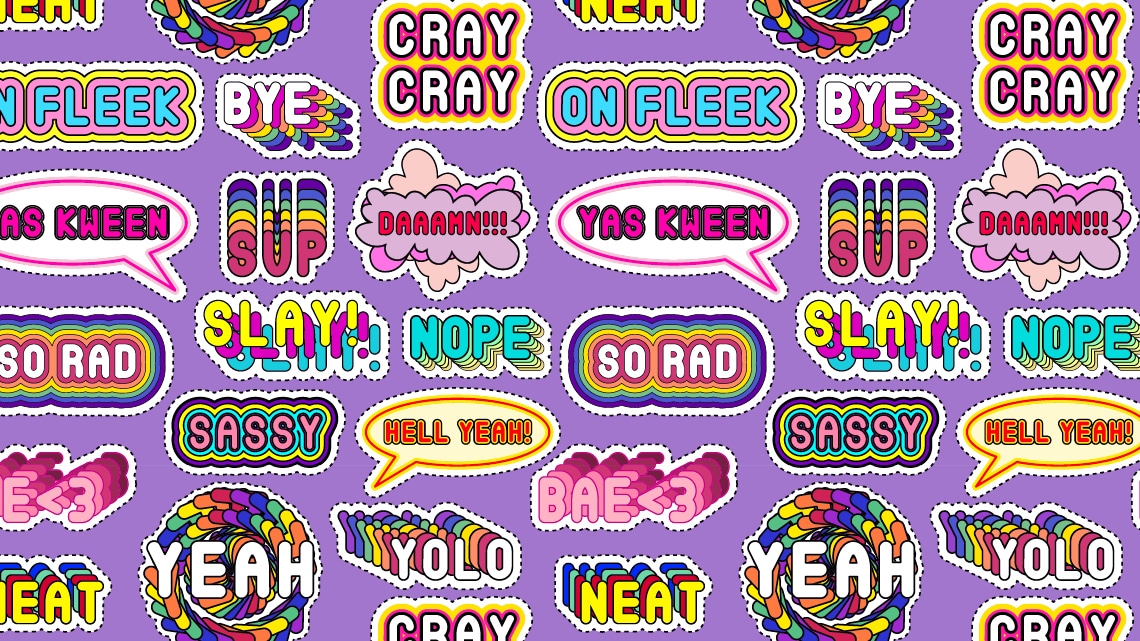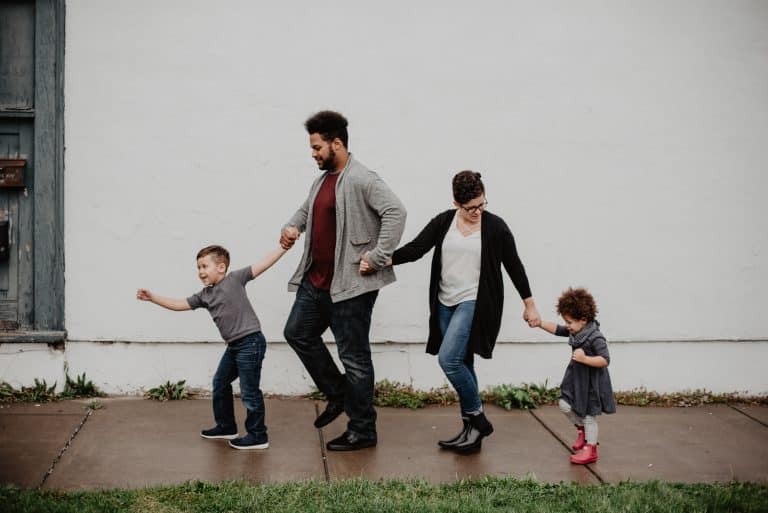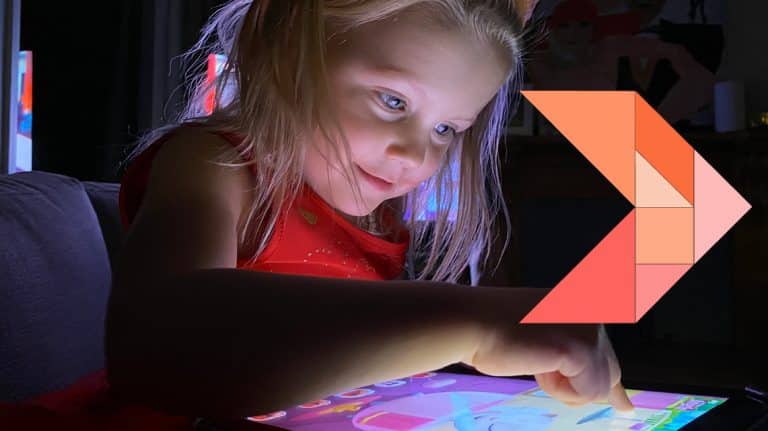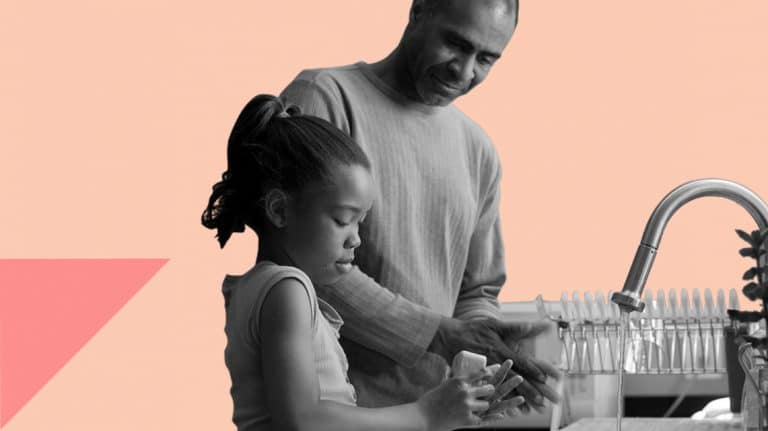Teens online lives
The advice and information is based on Netsafe’s research around how young people in New Zealand are using digital technology and what issues are on top for them. Although every young person’s interests and online habits are unique, our research shows that there are some trends in the way they use digital technology. Find out…

The advice and information is based on Netsafe’s research around how young people in New Zealand are using digital technology and what issues are on top for them. Although every young person’s interests and online habits are unique, our research shows that there are some trends in the way they use digital technology. Find out more now.
Social media
Teens are interested in socialising online, but girls do tend to use social media more than boys. Some of the most popular platforms teens use are Snapchat and Instagram. Teens mostly use Snapchat to chat, send private snaps and upload snaps to their story, while Instagram is more often used for sharing images about their life. Often teens will have more than one Instagram account with varying levels of privacy – e.g. a public account and a private account for close friends.
Ideas to talk about
- Privacy settings and location sharing
- Protecting privacy & personal information
- Being respectful to others online
- Being cautious when interacting with people they don’t know offline
- What to do if they are being bullied or abused online
Not sure what Snapchat is? Check out our Snapchat guide or take a look at our social media advice for parents.
Online gaming and banter
Teenage boys are more likely to be interested in playing games and watching online videos compared to teenage girls, but many girls are interested in gaming too. Online gaming sites are one of the most popular platforms for teenage boys. For boys, one of the concerns is group chat and banter that goes ‘too far’ and boys are also more likely than girls to experience abuse or chat that gets too extreme in online gaming chat.
Ideas to talk about
- Protecting privacy & personal information
- Being respectful to others in chat
- What to do if they experience abusive gaming chat
Check out our advice for parents around online gaming and banter vs bullying.
Online bullying & abuse
Online bullying or harassment is something teens will likely come across, whether it’s dealing with it themselves or knowing someone else going through it. For boys, online harassment often happens on social media sites, online games and via direct online messaging. Boys are slightly more likely to be bullied or harassed by a stranger than girls are. For girls, online bullying most often happens on social media platforms and often they’ll know the person who is bullying them. The bullying may also be a part of something that is happening offline.
Ideas to talk about
- Being respectful to others online
- What to do if they are being bullied or abused online
- How to support a friend who is being bullied online
Check out our online bullying advice for parents.
Viewing inappropriate content
Many teens report that they have accidentally viewed sexually explicit or violent content online, especially boys. It’s a good idea to speak to them about what they should do if they’ve seen something that makes them feel upset or uncomfortable.
Ideas to talk about
- What type of content they might come across
- What to do if they come across content they feel uncomfortable about
Check out our advice for parents talking to young people about pornography.
Sending nudes photos/videos
Although nearly 1 in 5 NZ teens have been asked to send nude images, only around 4% have sent one in the past year. This means that it can seem like everyone is sending nudes, but in reality they aren’t. Regardless, many teens know someone who has either received a request for nudes or sent one, so it’s important to talk about the potential risks.
Ideas to talk about
- What to do if they feel pressured to share nudes
- The risks of sharing nudes (i.e. losing control of the image/video)
- It isn’t OK to pressure someone else into sending nudes
- It isn’t OK to share someone else’s nudes without their permission
- What to do if they share a nude and something goes wrong
Check out our nudes and sexting advice for parents. We also have advice specifically for young people about sharing nudes.
Where teens go for support
Older teens are more likely to turn to close friends for help and support with online challenges, whereas younger teens are more likely to ask a parent for help. Talking to your child before an issue happens means that they will be better equipped to help themselves or guide a friend. A good way to do this is to make an online safety plan together, so they know what to do if something does go wrong online.
ONLINE SAFETY PARENT TOOLKIT
You’re currently within the ‘Learn’ section of our Online Safety Parent Toolkit where online risks and challenges are explored.
This is the first step in our seven-step framework designed to help parents and whānau with digital parenting in a rapidly changing world. We recommend reading through each step of the Toolkit as this will guide you on how to support your child to confidently access digital opportunities and reduce online harm.
CONTACT NETSAFE
If you’re concerned about the immediate safety of you or someone else, please call 111. If you want help or expert incident advice, you can contact us. Our service is free, non-judgemental and available seven days a week.
- Email [email protected]
- Call toll free on 0508 NETSAFE (0508 638 723)
- Online report at netsafe.org.nz/report
- Text ‘Netsafe’ to 4282
KEEP UP TO DATE
Follow us on social media and sign up to our enewsletter for alerts, news and tips.







